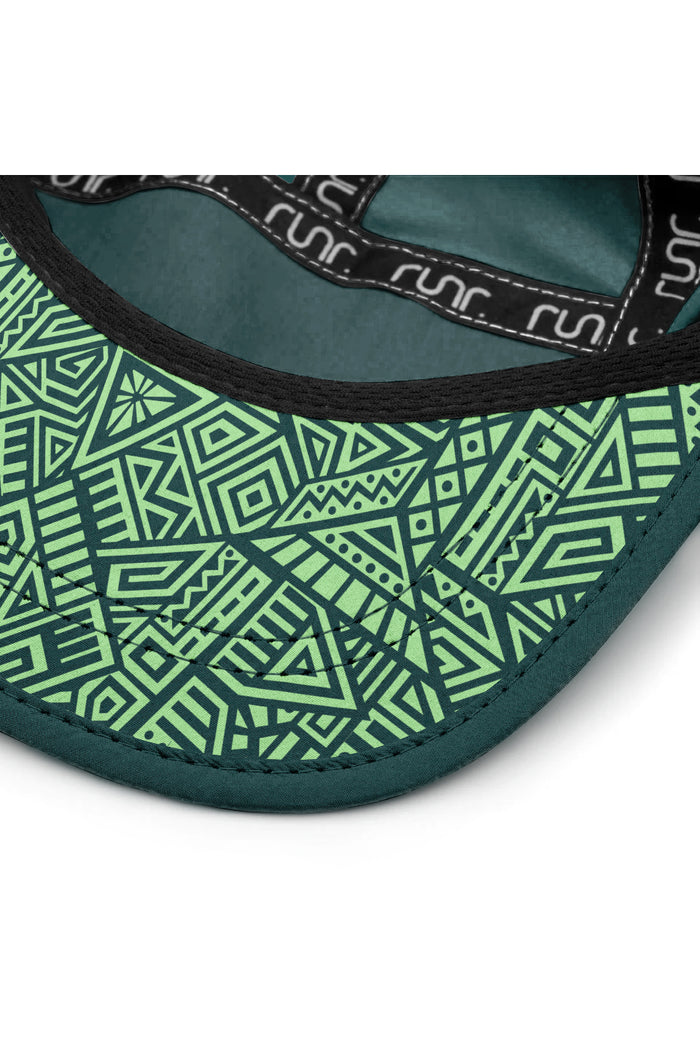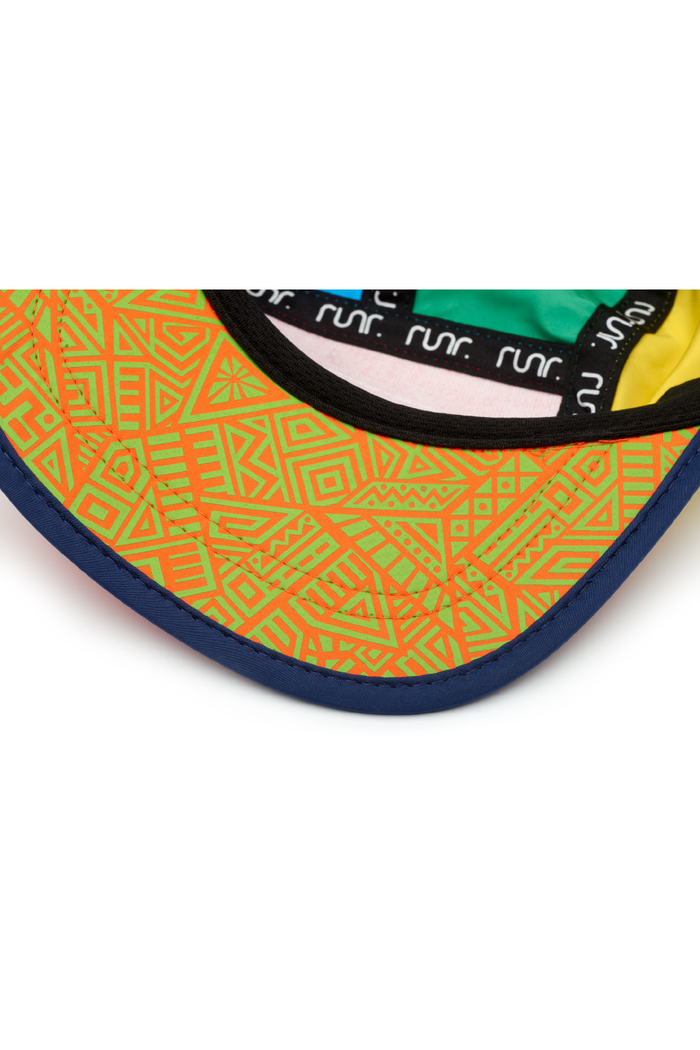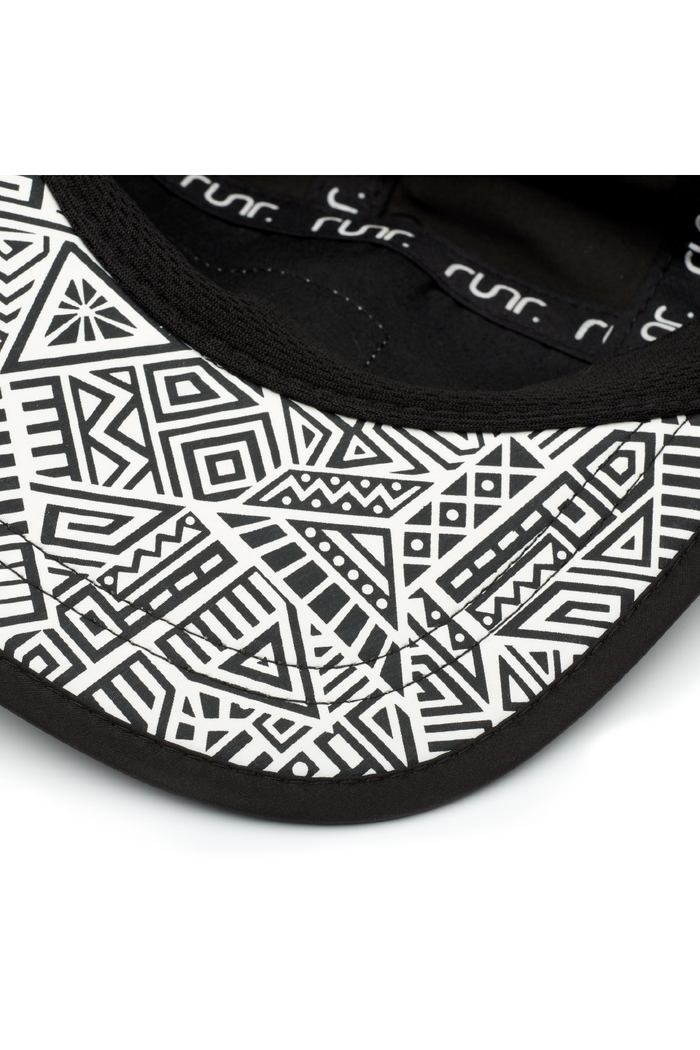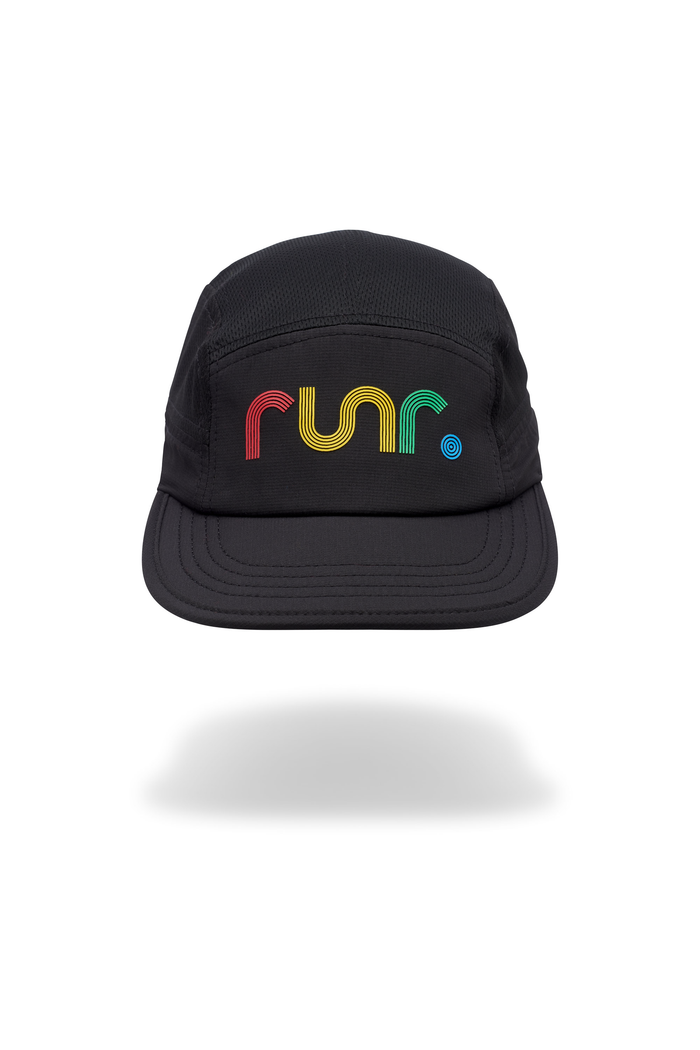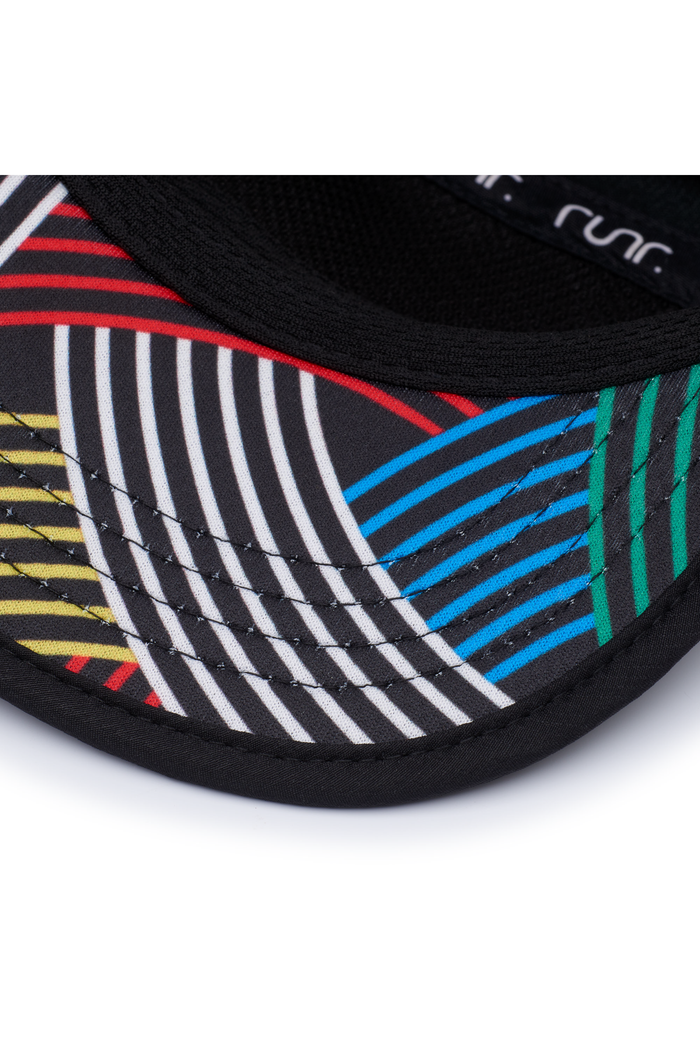We are talking more about mental health, which is a really good thing, and there seems to be a focus too around how exercise, (of any kind) can be good for your mental health and wellbeing.
There are many books and articles which describe the 7 stages of grief. The stages don’t flow in the way they are listed below, and just as you think you are at that upwards turn you can easily slip back into depression or be hit by waves of anger “why?”, “so young!”, “it’s not fair” – or in my case when I lost my father just 4 weeks after he had retired at the age of 65 - “there are murderers and paedophiles locked up in prison who are so much older than my dad, why couldn’t one of them be chosen to die?”

I lost my father 13 years ago to pancreatic cancer, and on the 14 August this year will be attending the funeral of his brother, Bill, who was taken by the same cruel disease. Words can not describe how these 2 amazing men fought to stay on this earth with their loved ones – that inner strength to not give up and just live for that very moment because it may have been their last was truly inspiring.

Last week I was in deepest rural Cornwall, in a place called Helford, and had the opportunity to get out most days to run a trail route along the Frenchman’s Creek (where Daphne Du Maurier set her famous book).

…Scientific studies have shown that natural environments can have remarkable benefits for human health. Natural environments are more likely to promote positive emotions, and viewing and walking in nature have been associated with heightened physical and mental energy. Nature has also been found to have a positive impact on children who have been diagnosed with impulsivity, hyperactivity and attention-deficit disorder.
The book offers an antidote for the technology-addicted, the book outlines practical strategies for improving, mental health and physical well-being through ecotherapeutic (ecotherapy is the name given to a wide range of treatment programmes which aim to improve your mental and physical wellbeing through doing outdoor activities in nature), nutritional and behavioural means. A powerful wake-up call for our tech-immersed society, Your Brain on Nature examines the fascinating effects that exposure to nature can have on the brain.


As a Personal Trainer my mission is to make people feel good about themselves.
Exercise and nature make me feel good. I am still here, I am still living, and my father and uncle would want to know that I am making the most of each day in the best possible way I can – for me, nature and exercise has a massive part to play in keeping my mood positive and my mental health in a good place.
So for me exercise is going to be my go-to coping strategy over the next few months, be it a walk in the park or a slippy wet trail run – either way I am going to let nature do its best to help me out of my grief.
If you don’t want to buy the book, then the Charity Mind have created a pdf about ecotherapy https://www.mind.org.uk/media/2699029/making-sense-of-ecotherapy-2015.pdf
------------------------------------------------
Thank you to Heather for sharing her story and we know a lot of people use running to help them overcome grief.
If you want to share you running story, then drop us an email to info@runr.co.uk and we'll happily share it with the wider running community.
Team runr.




